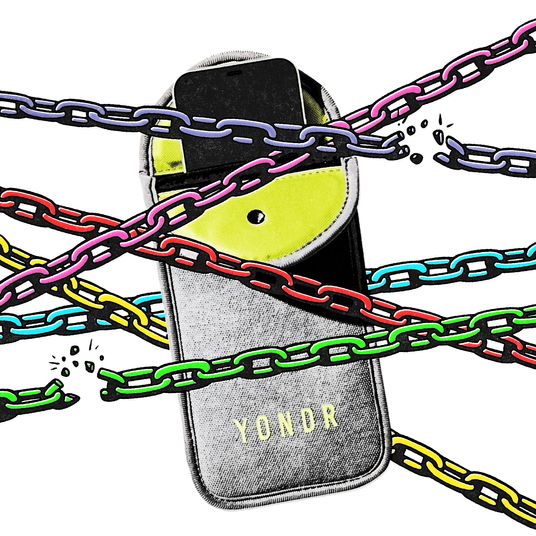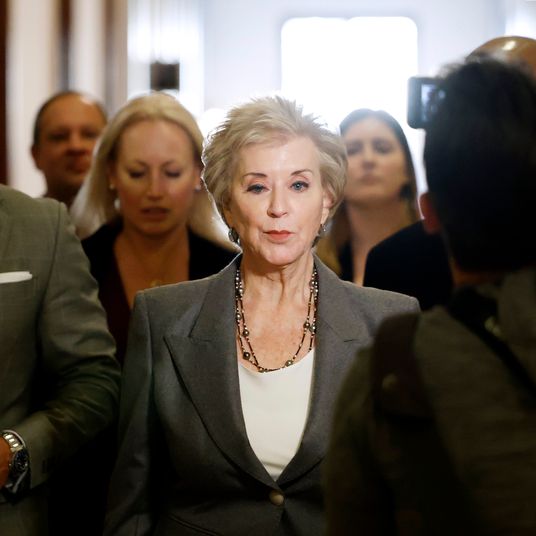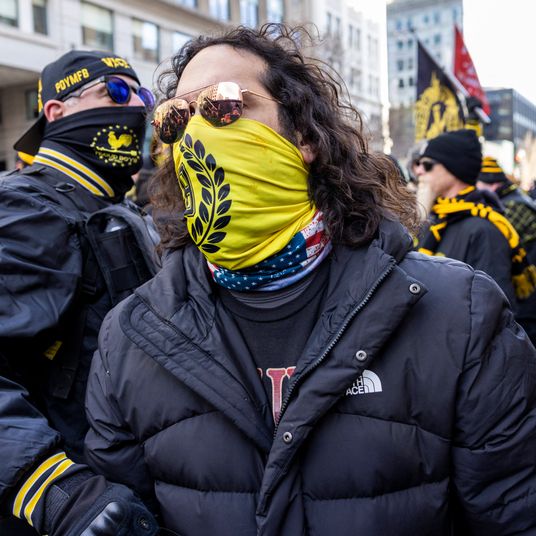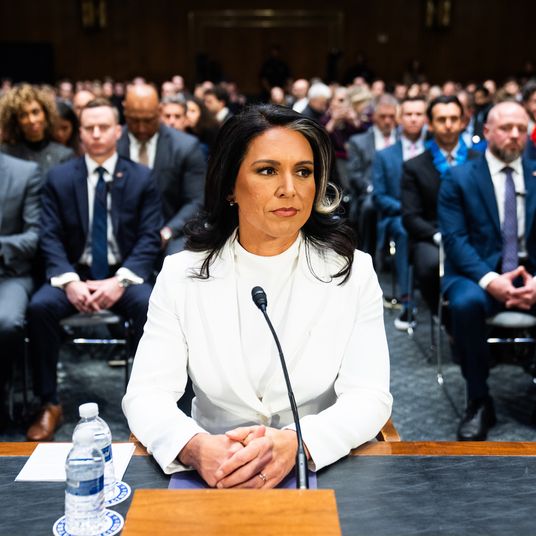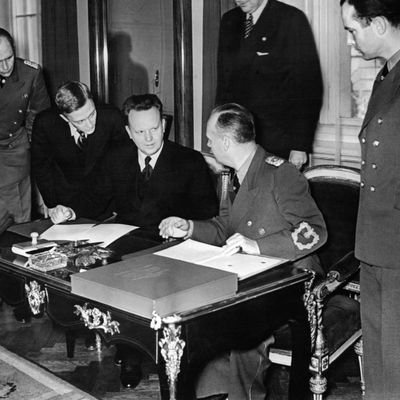
In another disturbing sign that Vladimir Putin’s regime is sliding back toward the mendacity and imperialist legacy of the Soviet past, the Russian Supreme Court has upheld the prosecution of a journalist for writing the truth about what happened in September of 1939: a Soviet invasion of Poland as enabled by the Hitler-Stalin Pact that divided Poland and other Eastern European areas between the two totalitarian powers.
The prosecution was under a Russian statute that prohibits the publication of falsehoods about the Soviet Union’s role in World War II. The “falsehood” in question — not coincidentally written in Ukrainian, as it happens, and criticizing claims that Ukrainian nationalists were partially to blame for the war — was this: “The communists and Germany jointly invaded Poland, sparking off the Second World War. That is, communism and Nazism closely collaborated … ”
That is literally and figuratively a historical fact, undisputed even in Russia (after the fall of the Soviet Union, that is) until fairly recently. The so-called Hitler-Stalin Pact (also known as the Molotov–Ribbentrop Pact, named after the two foreign ministers who actually signed it) provided for a nonaggression agreement between the two former enemies supplemented by a secret protocol for the division of Poland, along with the cession of the then-independent Baltic States and portions of Rumania and Finland to the USSR. It was concluded just 9 days before the German invasion of Poland, followed 17 days later by the Soviet invasion of Poland, which began the moment a separate nonaggression pact with Germany’s ally Japan secured the USSR’s eastern borders.
The realities of this 1939 diplomatic coup were officially acknowledged by Russia along with the release of secret Soviet archives in 1989. But Soviet-era revisionism eventually returned via statements by Putin in 2014 and 2015 defending Soviet behavior and essentially blaming Poland for its own dismemberment. In the old-new view from Moscow, Stalin was simply defending his people and even the Poles from Nazi aggression, with the Polish regime sharing Hitler’s blame via its hostility to the USSR and the precedent it set by annexing a small Polish-majority area of Czechoslovakia upon that country’s collapse after Munich.
Here’s how Putin put it in 2014:
“People are still arguing about the Molotov-Ribbentrop Pact to the present day,” Putin said. “And they accuse the Soviet Union of carving up Poland. But what did Poland itself do when the Germans occupied Czechoslovakia? They grabbed a piece of Czechoslovakia! (Laughs) They did that before the end of May [1939]! (Laughs) And then they got their payback.”
Payback! That’s amazing coming from the inheritor of a regime that killed or deported hundreds of thousands of Poles in the late 1930s for no reasons other than an imaginary spy ring and displaced blame for Stalin’s own starvation of Ukrainians. Far from defending the wayward Poles from Hitler, the USSR, upon its planned invasion of the country, instigated a massacre of “bourgeois elements” that rivaled and closely resembled the simultaneous Nazi “liquidation of the Polish intelligentsia.” Until the Nazis betrayed the alliance by attacking the Soviet Union in 1941, Soviet diplomacy and agitprop was pro-Nazi, and Stalin himself consistently rejected intelligence that his friend Hitler was planning to invade.
Yes, there is an argument to be made that the Western democracies enabled the Hitler-Stalin Pact by resisting earlier Soviet efforts to form an anti-Nazi alliance. Less credible is the Russian claim that the West made it all happen by refusing to force the Poles to allow Soviet troops to enter their country to “defend” them. But none of these rationalizations in any way undermines the essential character of Soviet behavior toward Poland and its other victims before and after the pact.
If you want a good recent, credible accounting of the vast crimes of both regimes in this period, check out Timothy Snyder’s magisterial book Bloodlands: Europe Between Hitler and Stalin. There are grounds for debate over many events of the time. But not over the basic facts Russian courts are now denying. Perhaps Putin’s admirer Donald Trump could do him the favor of setting him straight.


























